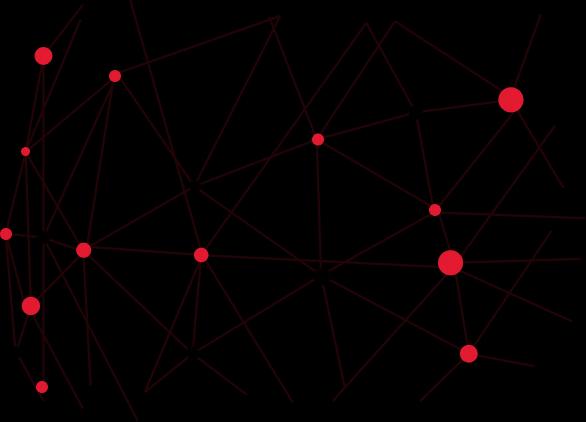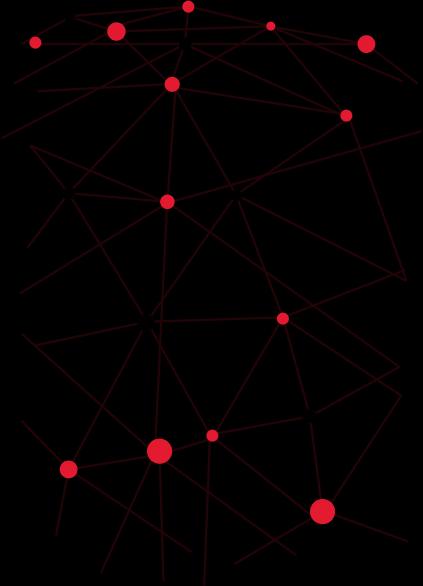
What skills do you need to be a Tester?
I. Essential Soft Skills for Testers
1. Communication skills
As a Tester, your job is to identify and report bugs. Communicating these issues to the relevant team requires clarity and flexibility. It’s not enough for a skilled Tester to just find the flaws; you must also explain them effectively and handle conflicts smoothly.
Communication encompasses both speaking and writing. It demands that you be clear and understandable, ensuring the information you convey is accurate. Effective and concise exchanges can make collaboration more efficient and save time for all parties involved.
2. Analytical skills
Developing your analytical skills involves the ability to examine problems from multiple perspectives. You need to analyze client requirements, pinpoint critical aspects, and anticipate potential areas where bugs might occur.
Analytical skills will enhance your logical thinking, enabling you to quickly identify functions prone to bugs. This helps ensure that even minor issues are caught, leading to a smoother user experience when the application is released.
3. Organizational and time management skills
Managing time and organizing tasks are crucial skills for Testers. These abilities enhance work quality, save time, and help you stay on top of your responsibilities.
4. Learning ability
Continuous learning and updating knowledge are essential in any field, especially in Information Technology, which is constantly evolving. As a Tester, you must keep abreast of new technologies and continuously refine your skills to boost your productivity.
Being open to new ideas, exploring different domains, and viewing them from various angles are beneficial. The more you learn, the higher you will be valued, which can lead to career advancement and improved living standards.
5. Attention to detail, thoroughness, patience and persistence
Being a Tester requires detailed consideration of scenarios where bugs might appear, meticulous checking of cases, and persistent testing. You cannot overlook even the smallest details, as minor errors can significantly impact the user experience.
Therefore, the Tester role is vital to the success of any project. Effective testing requires a keen eye for detail, thoroughness, patience, and persistence.
6. Innovation
A typical day for a Tester involves tasks such as designing test cases, executing tests, and recording issues or inconsistencies found during testing. Repeatedly performing these tasks can become monotonous, so introducing new approaches can make the process more engaging and productive.
Some suggestions for innovation include engaging in conversations with colleagues and sharing small solutions that aid in your work, such as creating a dedicated communication channel for company members.
7. Flexibility
As a Tester, you are often taught to follow a step-by-step process to ensure nothing is overlooked. However, depending on the project's nature, timeline, and requirements, you may need to adapt your approach to suit the situation.
8. Empathy for the customer
Testers should evaluate software from the customer’s perspective, using their personal experience and customer expectations to ensure the product delivers a complete and satisfying experience.
9. Questioning skills
Put yourself in the user's shoes and consider potential issues they might encounter. Always ask questions to uncover more bugs and identify potential problems.
Additionally, consult with colleagues and supervisors to gain a deeper understanding of the product and seek answers to any questions you have. Continuously asking questions can help you find even the smallest bugs.
10. Owning mistakes
During testing, it’s inevitable that you might overlook something or incorrectly report an issue. It's crucial to own up to mistakes and work to correct them, rather than arguing or blaming external factors. Acknowledging and learning from errors is a valuable trait for a Tester.
11. Engagement on social media platforms
Following technology-related social media and Tester communities can be very beneficial. These platforms provide quick access to the latest technological knowledge and opportunities to participate in talk shows and seminars to enhance your skills.
II. Essential technical skills
Working with software, applications, and IT projects requires a strong understanding of technology. Testers with a solid IT background are highly advantageous.
Key technical skills every Tester should possess include:
1. Basic knowledge of SQL/Databases
During testing, you will need to handle and process large volumes of data stored in databases like MySQL, Oracle, etc. Understanding databases and SQL is a fundamental skill for Testers.
2. Familiarity with Linux operating systems
Many software applications, web services, and servers are deployed on Linux machines. Testers must be proficient in using Linux to effectively support software testing.
3. Proficiency with Test management tools
Testers use Test Management tools to carry out their testing tasks. Thus, having the skills to manage these tools is essential for effective testing.
4. Experience with defect tracking tools
Testers track bugs using Defect Tracking tools like QC, Jira, or Bugzilla. Understanding these tools is crucial for systematic bug tracking.
5. Mastery of automation tools
Being skilled in using automation tools like Cucumber, Ranorex, or Selenium will streamline the testing process.
III. Conclusion
Tokyo Tech Lab has provided an overview of the skills necessary for a Tester, helping you better understand the role. If you’re interested in learning more about Tester courses, be sure to follow and contact Tokyo Tech Lab Academy!
SHARE THIS ARTICLE
Author
Huyen TrangSEO & Marketing at Tokyo Tech Lab
Hello! I'm Huyen Trang, a marketing expert in the IT field with over 5 years of experience. Through my professional knowledge and hands-on experience, I always strive to provide our readers with valuable information about the IT industry.
More Posts
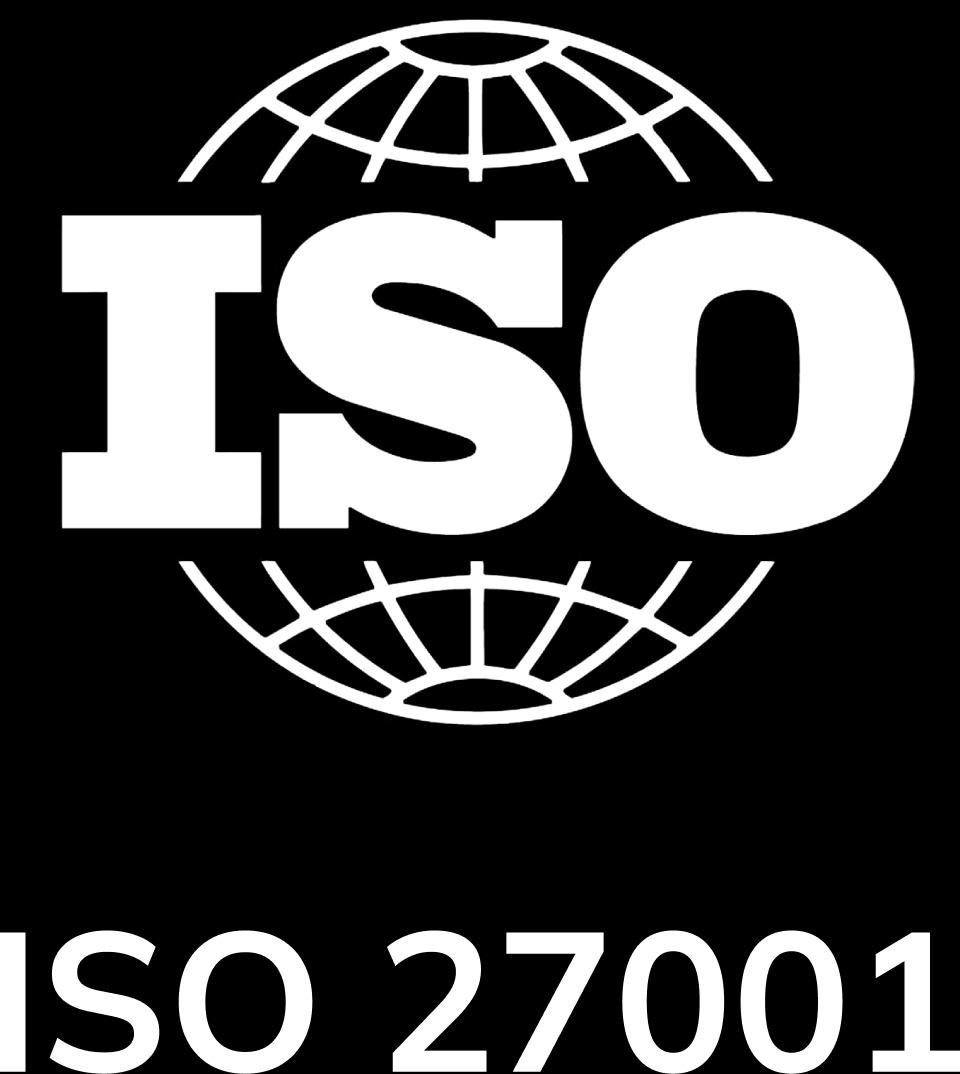
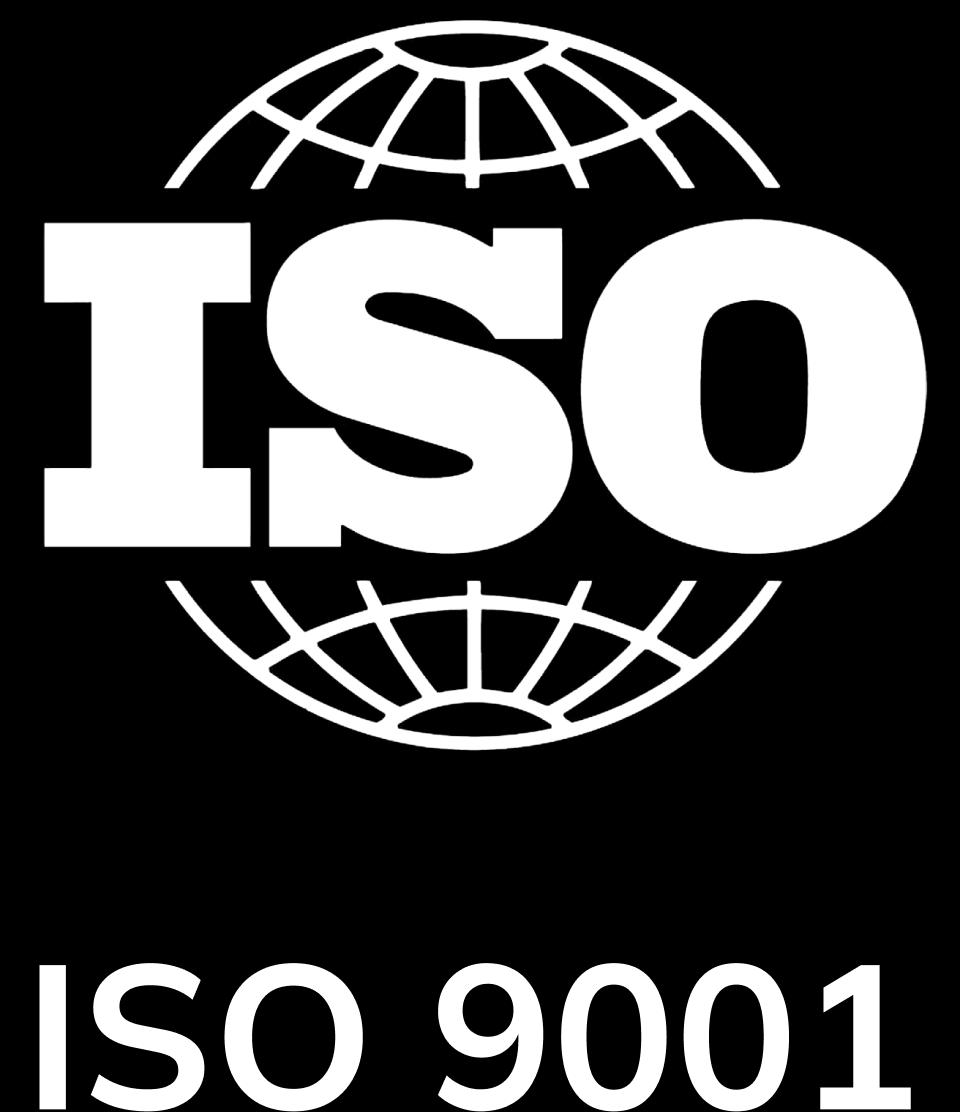
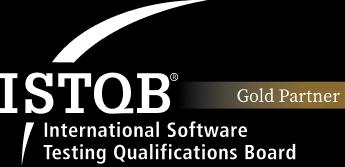
About Tokyo Tech Lab
Services and Solutions
Contact us
© 2023 Tokyo Tech Lab. All Rights Reserved.



